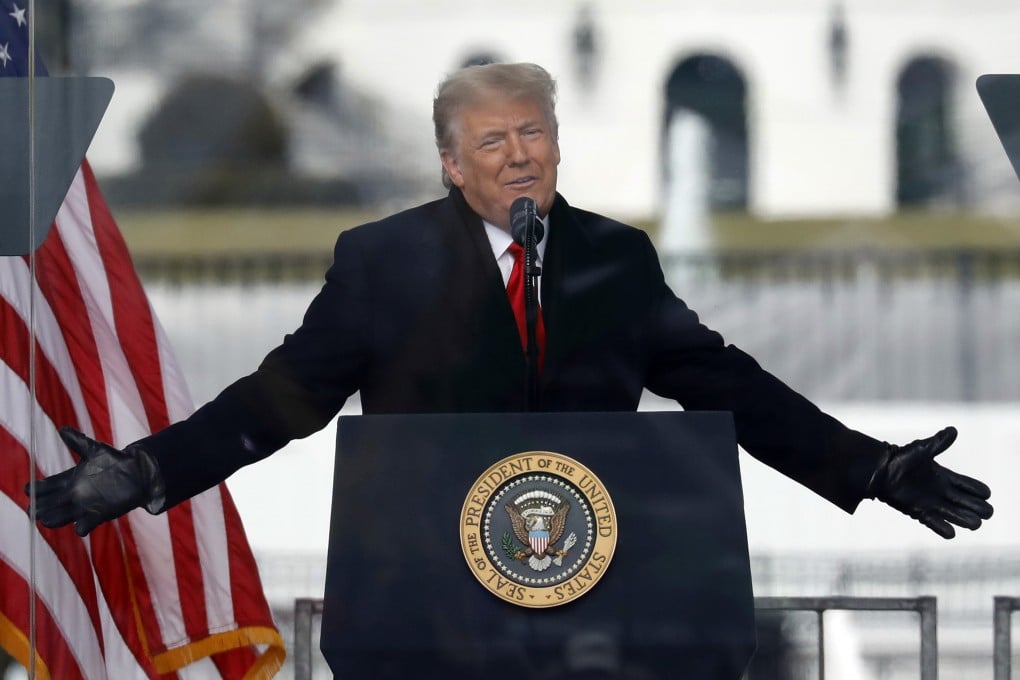Advertisement
Opinion | Extreme anti-China measures under Trump would widen US democratic deficit
Under a broadened definition of national security, presidential actions have been taken that would have been unimaginable only a decade ago
Reading Time:3 minutes
Why you can trust SCMP
14

In August 2019, amid an escalating trade war with China, then-US president Donald Trump fired off a series of tweets directing American companies to “immediately start looking for an alternative to China” and shift their manufacturing back to the United States. The demand sent stock markets into a tailspin and alarmed US businesses with exposure to China.
While Trump ultimately softened his stance, the threat underscored a disturbing reality that the world must face now that he is returning to the White House: the president has the power to sever ties with the world’s second-largest economy, and can do so on a whim.
With Trump’s resounding victory over Kamala Harris, the spectre of his impulsive, heavy-handed approach to diplomacy looms large. If his past actions are any indication, corporate America might soon be bracing for another round of erratic, high-stakes manoeuvres – or worse – against China.
The US Constitution delegates authority over foreign relations to both the president and Congress, a structure designed to temper executive discretion with legislative oversight. But this balance has shifted dramatically in recent decades.
Foreign policy is now overwhelmingly concentrated in the executive branch and goes largely unchecked, a trend that political scientists attribute to a rise in partisanship and a decline in congressional expertise. With both parties favouring a hardline approach towards China, Trump will have even more freedom to lash out at the country.
Meanwhile, “national security” has proven to be remarkably pliable, extending far beyond traditional concerns such as defence and cybersecurity. It now covers everything from cross-border data flows and supply-chain vulnerabilities to protecting industries deemed too critical to be dominated by foreign competitors.
Advertisement
Select Voice
Choose your listening speed
Get through articles 2-3x faster
1.1x
220 WPM
Slow
Normal
Fast
1.1x
.png?itok=mbe98xRb&v=1696402135)